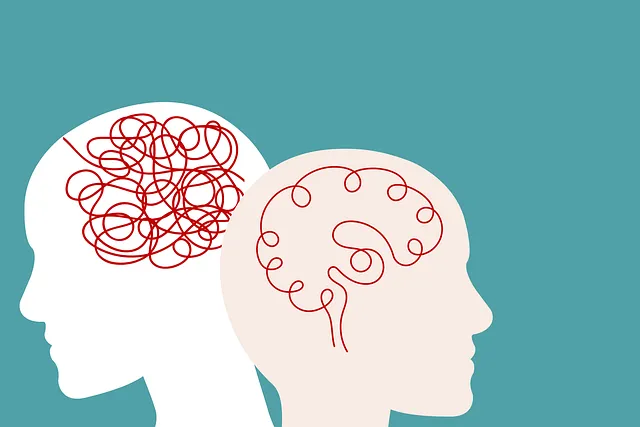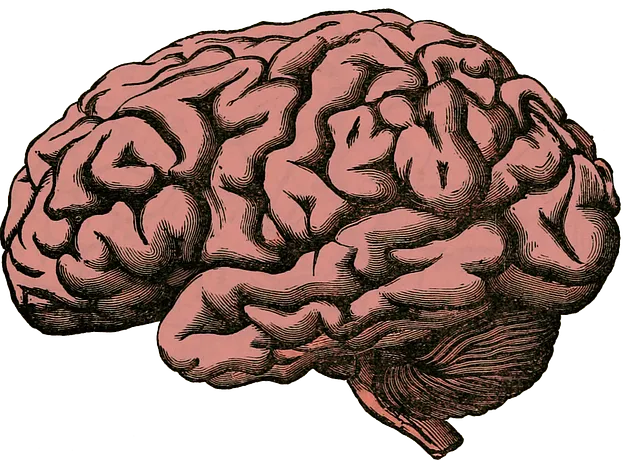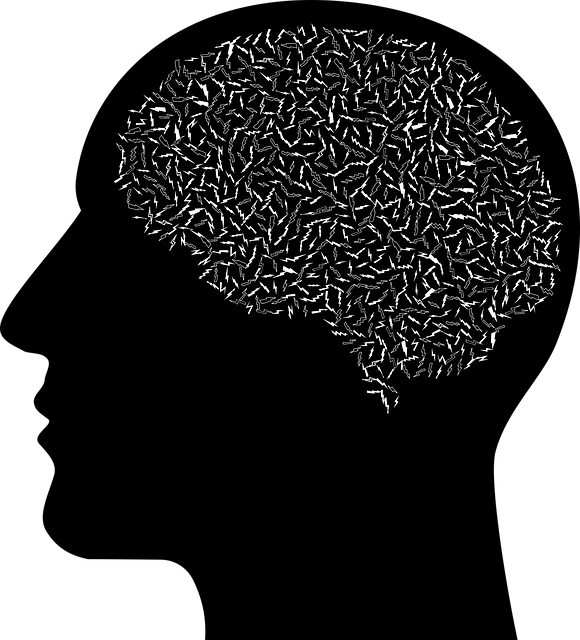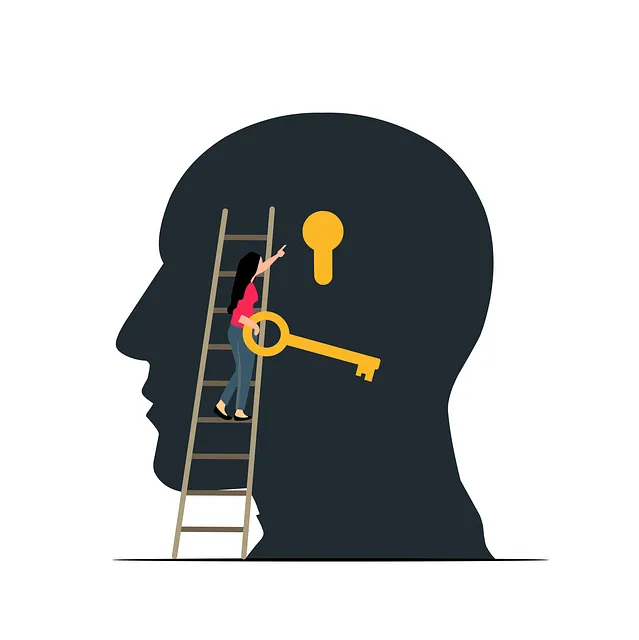Mental health education empowers individuals in Lakewood, especially with limited access to services like Kaiser, by teaching emotional intelligence, mood management, and recognizing distress signs. Interactive workshops, group discussions, and personalized coaching can dispel stigma and encourage help-seeking behaviors. By integrating practical resources and strategies, communities can foster proactive mental wellness initiatives similar to Kaiser's approach. Both Lakewood and Kaiser models emphasize community engagement and offer distinct yet effective ways to normalize conversations around mental well-being.
Mental health education programs play a pivotal role in fostering well-being and resilience. This article explores the design and impact of such initiatives, beginning with demystifying common mental health conditions and their effects. We delve into the empowering potential of education, highlighting strategies for individuals to recognize and manage their mental well-being. Key components for effective program design are outlined, drawing insights from successful community-based models like Lakewood and Kaiser. Additionally, we provide guidance on navigating resources and support systems to access optimal mental healthcare.
- Understanding Mental Health: Demystifying Common Conditions and Their Impact
- The Role of Education: Empowering Individuals to Recognize and Manage Their Mental Well-being
- Designing an Effective Program: Key Components for a Comprehensive Mental Health Education Initiative
- Lakewood and Kaiser Model: Learning from Successful Community-based Programs
- Getting Help: Navigating Resources and Support Systems for Optimal Mental Healthcare
Understanding Mental Health: Demystifying Common Conditions and Their Impact

Mental health is a vital aspect of overall wellness, yet it often remains shrouded in mystery and stigma. Demystifying common mental health conditions and their impacts is a crucial step in fostering understanding and encouraging help-seeking behaviors. Many people struggle with misconceptions about what constitutes good mental health and when professional assistance is required. By educating individuals on various aspects of mental wellness, we can dismantle these barriers.
In Lakewood, for instance, where access to quality mental health services like those offered by Kaiser is essential, comprehensive programs can play a pivotal role in empowering residents. A well-designed program could incorporate modules on emotional intelligence and mood management, enabling participants to recognize signs of distress and develop effective coping strategies. Through interactive workshops, group discussions, and personalized coaching, individuals would gain insights into common mental health conditions, their causes, and the available support systems, ultimately encouraging proactive mental wellness coaching programs development within the community.
The Role of Education: Empowering Individuals to Recognize and Manage Their Mental Well-being

Mental health education plays a pivotal role in empowering individuals to take charge of their well-being. By providing accessible resources and knowledge, we enable people to recognize early signs of mental distress and offer much-needed support. Education serves as a powerful tool to combat stigma, encouraging open conversations about mental health struggles. In communities like Lakewood, where accessing mental health services from organizations such as Kaiser might be a challenge, education becomes an essential bridge to care.
Workshops focused on stress management, organizational competency training for healthcare providers, and conflict resolution techniques are valuable components of comprehensive programs. These initiatives educate individuals on self-care strategies, foster cultural sensitivity in healthcare settings, and promote healthy ways to navigate conflicts or challenging situations. Ultimately, armed with this knowledge, people can make informed decisions regarding their mental health and seek appropriate help when needed.
Designing an Effective Program: Key Components for a Comprehensive Mental Health Education Initiative

When designing a mental health education program, it’s crucial to incorporate key components that ensure comprehensive coverage and effectiveness. A successful initiative should start by identifying the specific needs of the target audience, whether it be students, employees, or community members. For instance, in Lakewood, Kaiser has implemented programs that address diverse mental health concerns, from general wellness to depression prevention. Tailoring content to address local needs ensures relevance and engagement.
Essential elements include interactive workshops, peer-led discussions, and evidence-based strategies for mood management. Incorporating communication strategies is vital for fostering open conversations about mental health. These could involve role-playing exercises, group activities, or educational presentations. Additionally, focusing on depression prevention through early intervention techniques, like identifying risk factors and teaching coping mechanisms, can significantly impact overall well-being. Remember, how to get mental health help should be seamlessly integrated into these educational initiatives, providing practical resources and support systems for those seeking assistance from Lakewood’s available services, akin to Kaiser’s comprehensive approach.
Lakewood and Kaiser Model: Learning from Successful Community-based Programs

Lakewood and Kaiser Model offer valuable insights into effective mental health education program design, highlighting successful community-based initiatives. These programs focus on providing accessible and comprehensive support, demonstrating how how to get mental health help can be integrated seamlessly into everyday life. The Lakewood approach emphasizes building inner strength development through peer support networks, fostering a sense of community that encourages open conversations about mental well-being.
By contrast, the Kaiser model prioritizes emotional intelligence and communication strategies as cornerstones of its program. This involves teaching participants to recognize and manage their emotions effectively, improving interpersonal connections, and promoting healthier communication patterns. Both models demonstrate the power of community engagement in normalizing conversations around mental health, serving as valuable resources for understanding best practices in designing inclusive and impactful mental health education programs.
Getting Help: Navigating Resources and Support Systems for Optimal Mental Healthcare

Navigating resources for mental healthcare can seem daunting, especially when dealing with issues like anxiety, depression, or stress. The first step in getting help is recognizing when professional support is needed and understanding where to turn. For residents of Lakewood, there are numerous options available. Many people often begin their journey by reaching out to their primary care physician at Kaiser or a local mental health clinic. These healthcare providers can offer initial assessments, referrals to specialists, and guidance on various treatment approaches.
Building a support system is crucial for optimal mental healthcare. This includes not only accessing professional services but also fostering connections with friends, family, or support groups who can provide emotional backing and encouragement. Online resources and community programs focused on mental illness stigma reduction efforts and confidence boosting initiatives can further enhance an individual’s ability to manage their mental health effectively. Remember, seeking help is a sign of strength, and there are numerous tools and systems in place to support individuals in navigating their mental health journey.
Mental health education programs, like those inspired by models from Lakewood and Kaiser, play a pivotal role in empowering individuals to recognize and manage their well-being. By demystifying common conditions and providing practical tools for coping, these initiatives can lead to improved mental healthcare outcomes. Understanding the key components of an effective program, as discussed in this article, is essential for creating comprehensive education initiatives that equip folks with the knowledge and resources they need to navigate their mental health journeys successfully, ultimately enhancing overall community well-being. For those seeking help, remember that resources are available; explore options akin to Lakewood and Kaiser models to find support tailored to your needs.






